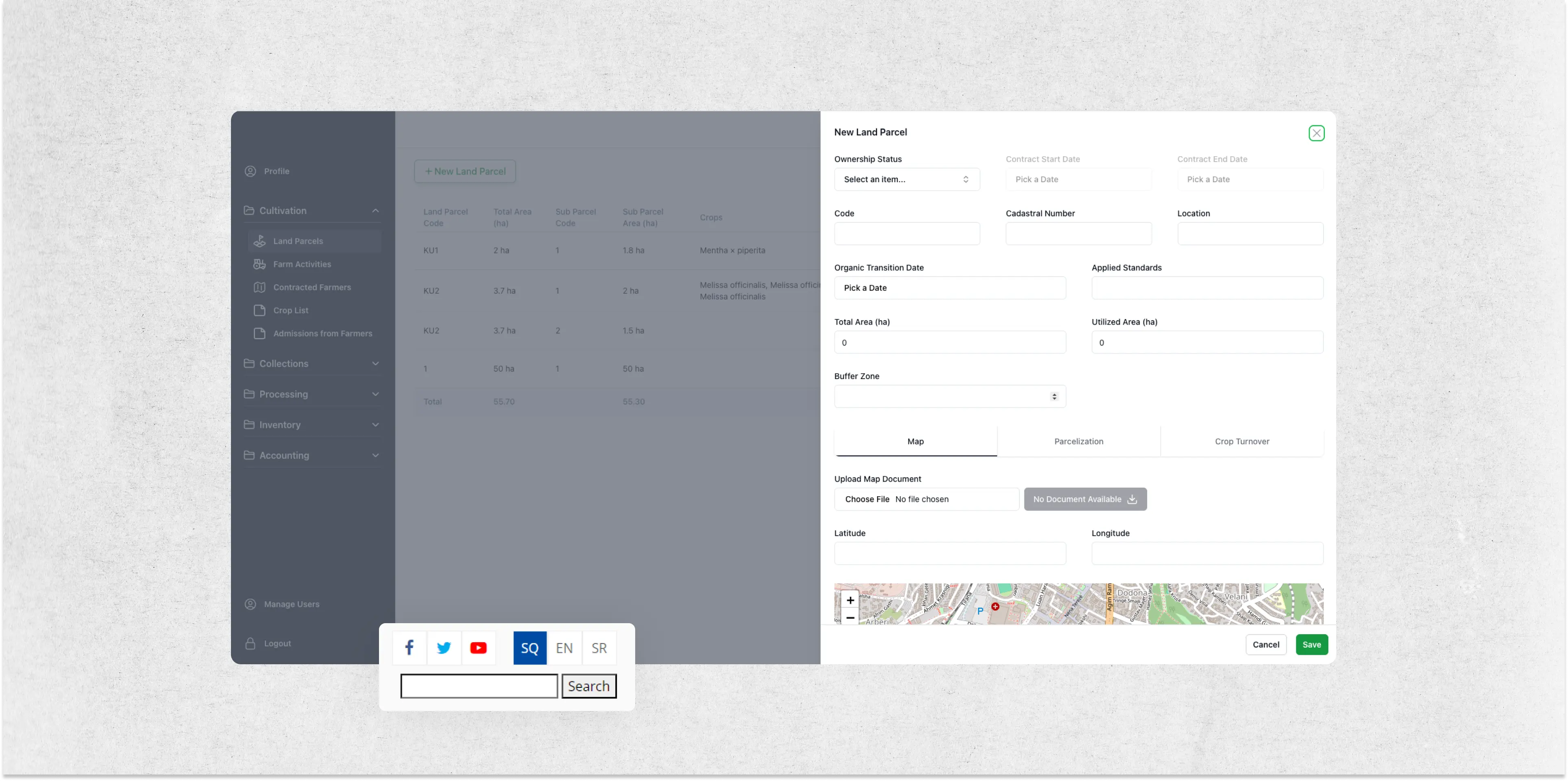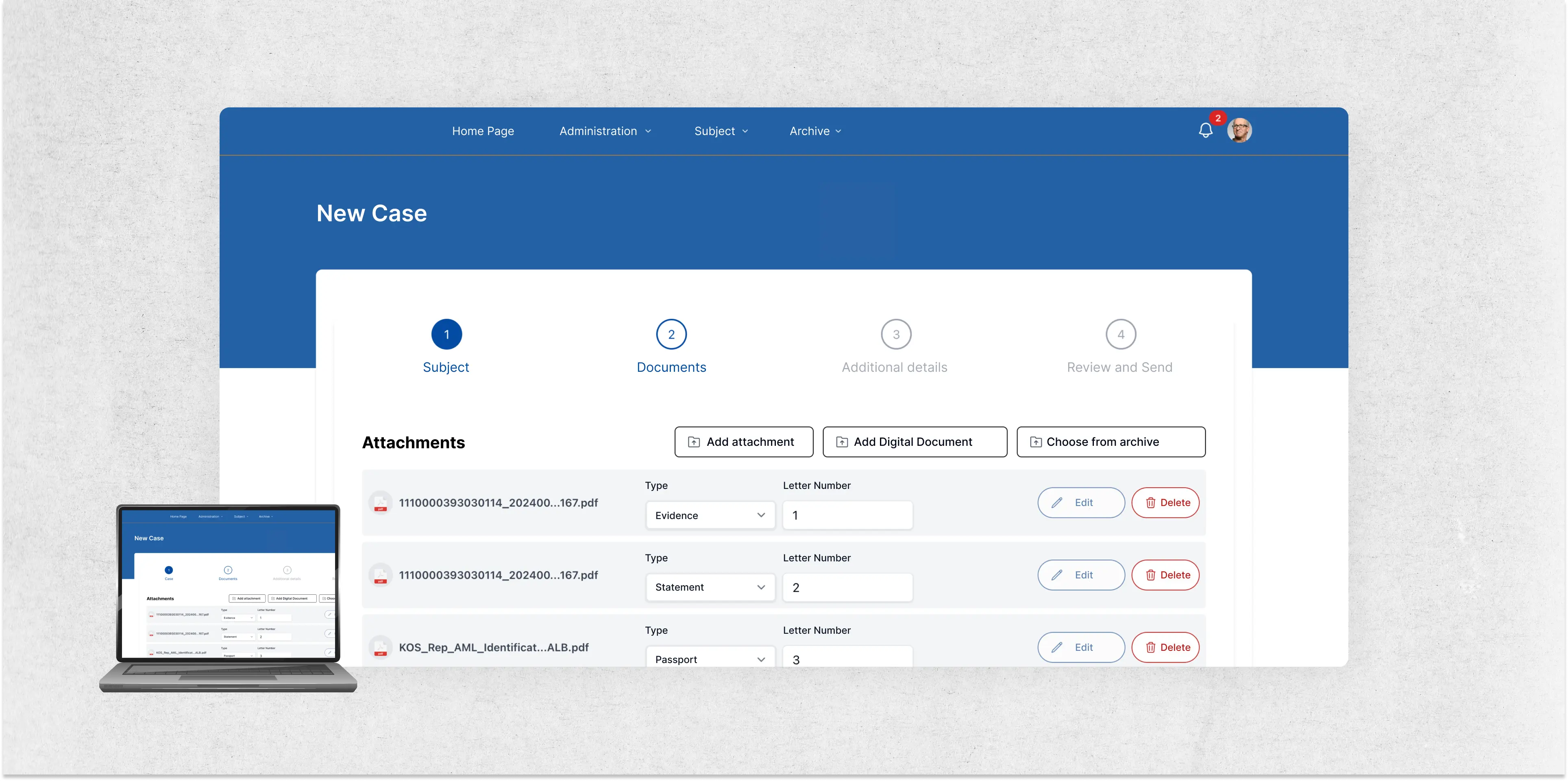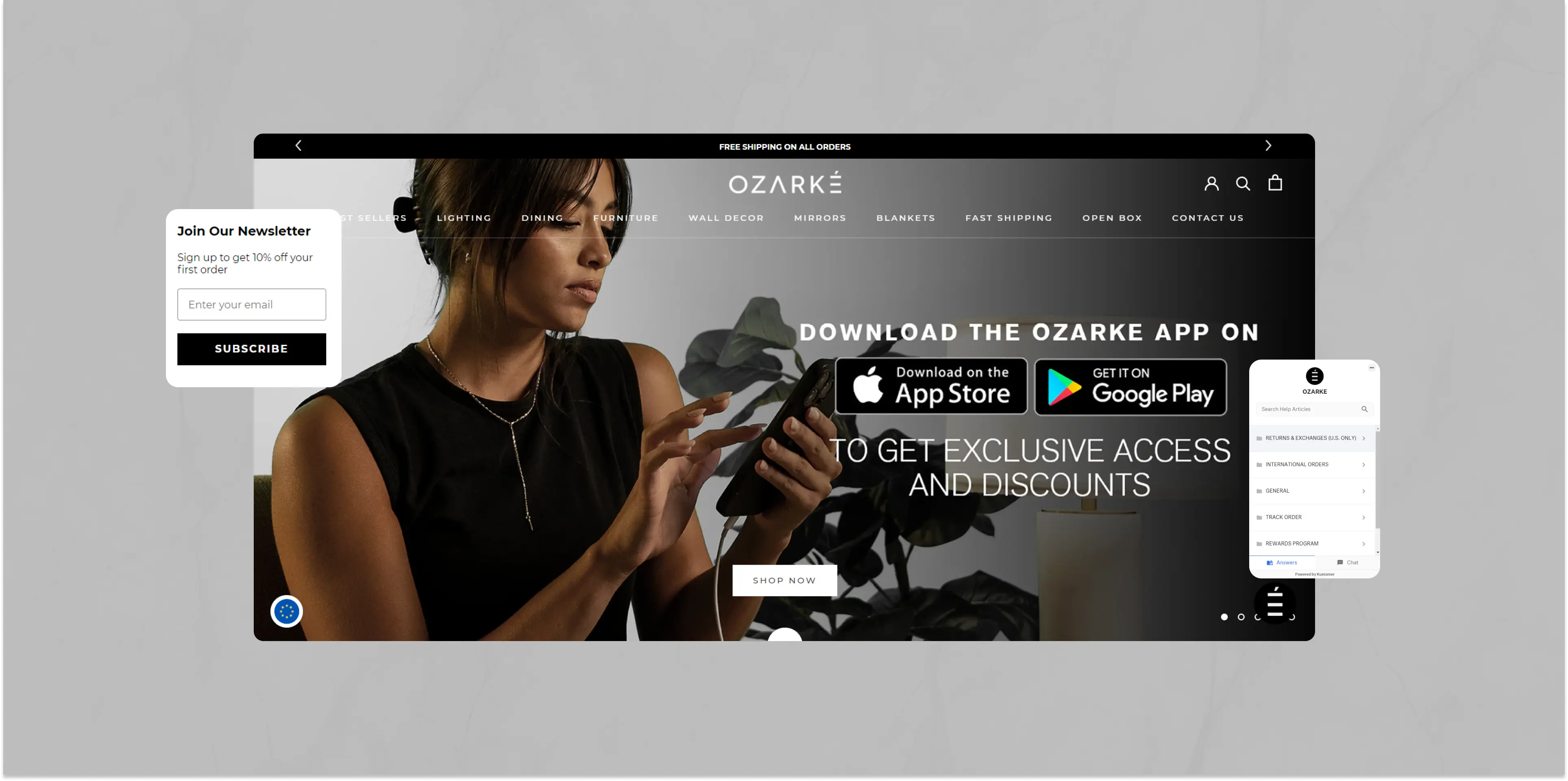D2C
Platform
Shopify
Technology used
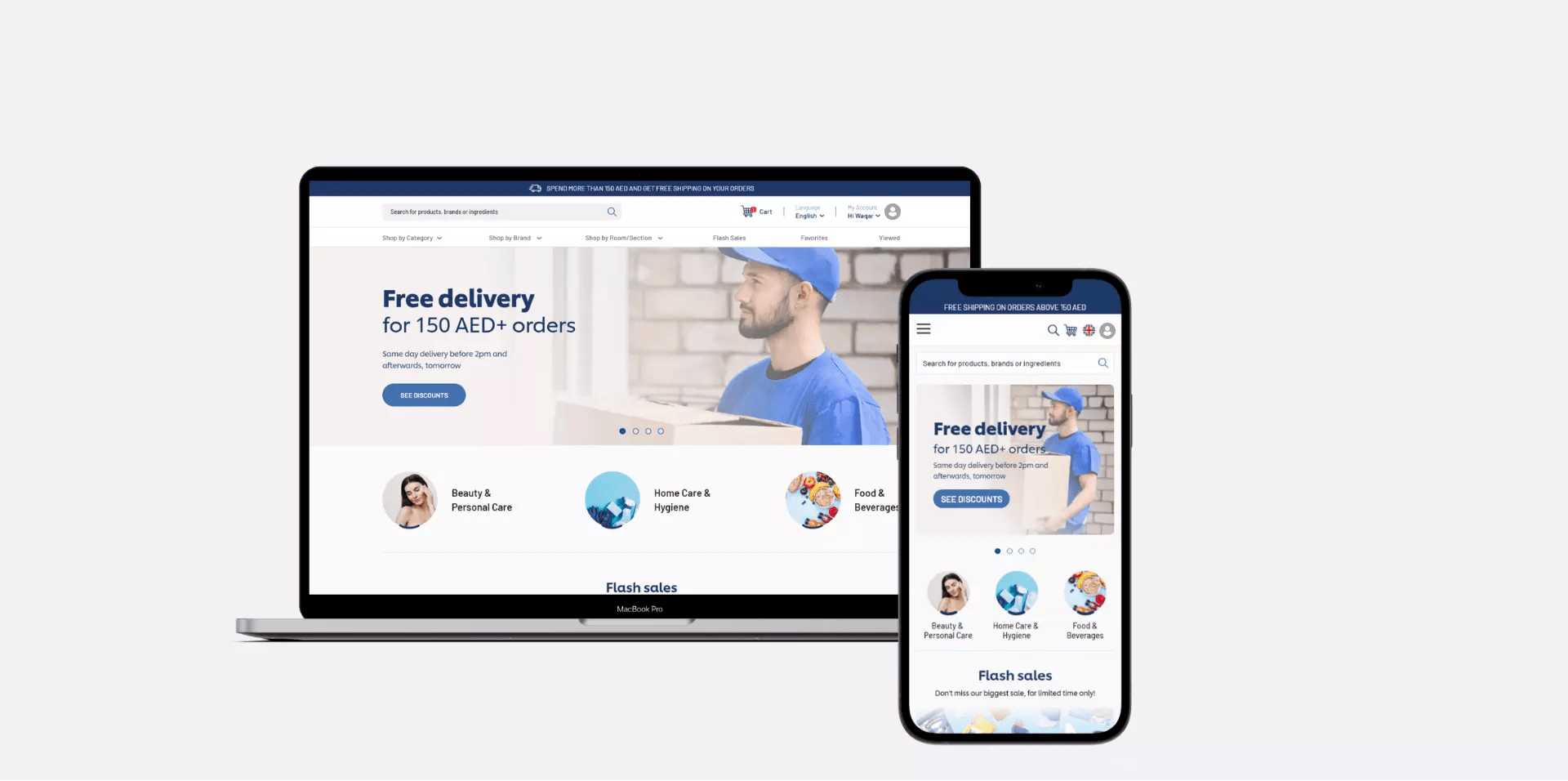
Location: United Arab Emirates - UAE & Saudi Arabia
Main Challenge: Shopify Limited support for client’s business processes
Technologies used: Shopify Plus, Google Cloud Platform
Unilever, a multinational consumer goods company, was eager to roll out a D2C (direct-to-consumer) platform that consisted of products from all the brands of the Company. Their initial goal was to pilot the platform by offering their personnel a place where they could purchase products of Unilever without going through third-party retailers, while at the same time getting the best discounts and offers.
Additionally, Unilever was keen on onboarding personnel from a couple of other partners, who would get similar discounted prices and offers.
Delivering a highly customized solution using Shopify
For this complex and highly intricate project, our team placed a lot of focus on building an attractive, up-to-date, responsive e-commerce platform that adapts seamlessly to any device. With Shopify as the main technology, we were able to deliver a highly customized solution that follows Shopify's best practices in terms of functionality, performance, and flexibility.
Furthermore, to address Unilever’s highly specific business goals, needs, and regulatory requirements, our team extended Shopify with functionality not available otherwise, using advanced Shopify extension mechanisms, as well as in-house built resilient solutions hosted on Google Cloud Platform.
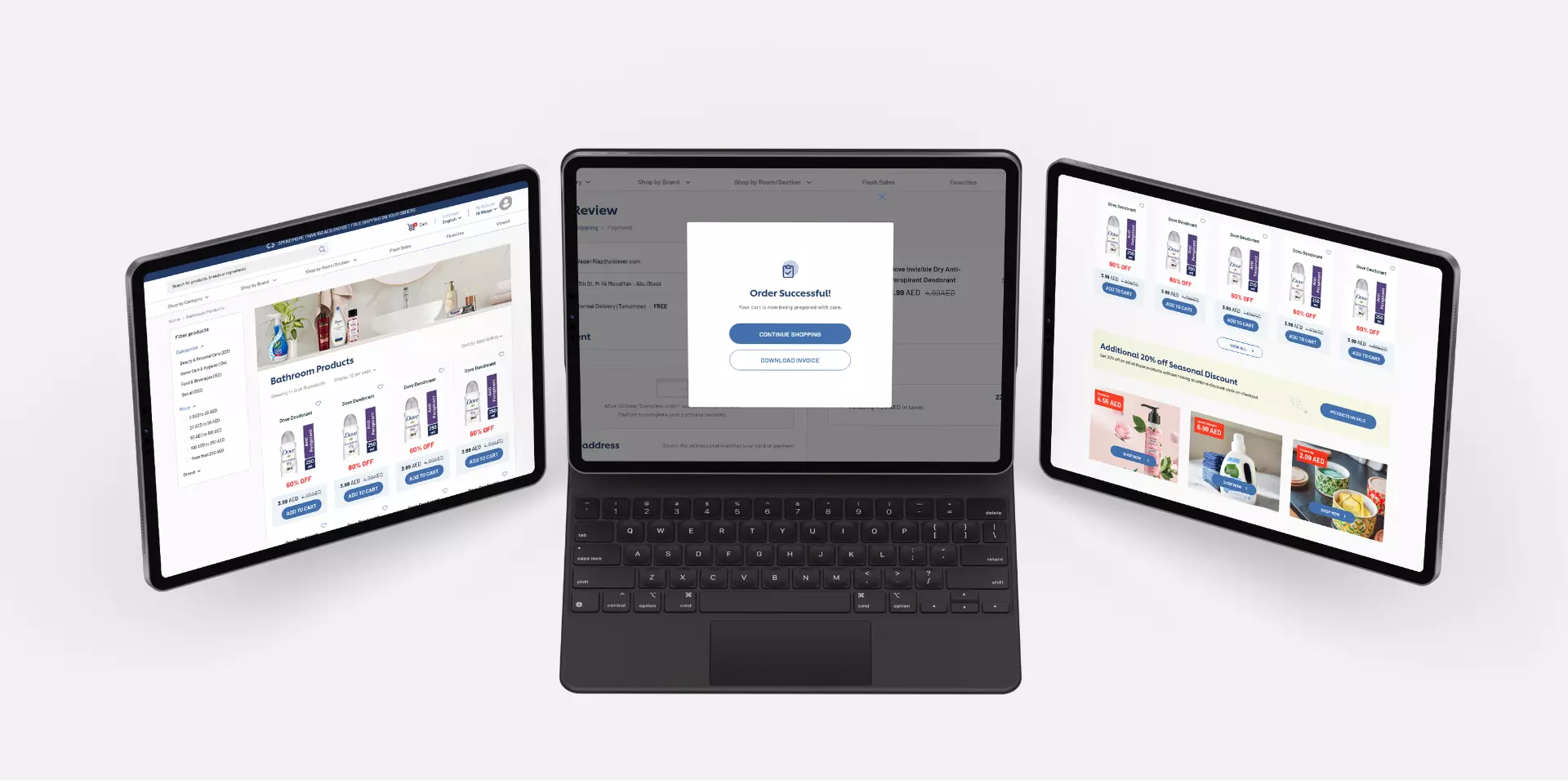
Assessing the eligibility of customers who access the platform
As the platform was initially available to people with corporate email addresses, we had to develop a mechanism to assess their eligibility upon sign-up and (pseudo) randomly during sign-in. To address this, we developed a custom One Time Password (OTP) solution, whose primary purpose is to ensure that users are able to use the platform and benefit from the discounts only if they have access to an eligible corporate email.
This is a highly significant business requirement as not everyone is supposed to benefit from the lucrative discounts and their eligibility can safely be assessed through their access to corporate email addresses. At the same time, this eligibility should not be extended after the employee leaves the Company should they still have access to their Shopify account.
A traditional way to address this is through Single Sign-On (SSO) mechanisms, however, in this case, that is a tricky endeavor due to the number of eligible companies as well as the sheer amount of integrations required. Thus, an OTP delivered to their corporate email address proved like a fairly simple option to cater to different companies.
In addition to ensuring eligibility, we also managed to alleviate some of the account management overhead, as the list of users did not need to be cleaned actively out of ineligible accounts.
From a technical standpoint, this solution stands on an in-house developed service to generate, deliver and validate the OTP, and Shopify Multipass (available only to Shopify Plus merchants) to authenticate users to the platform.
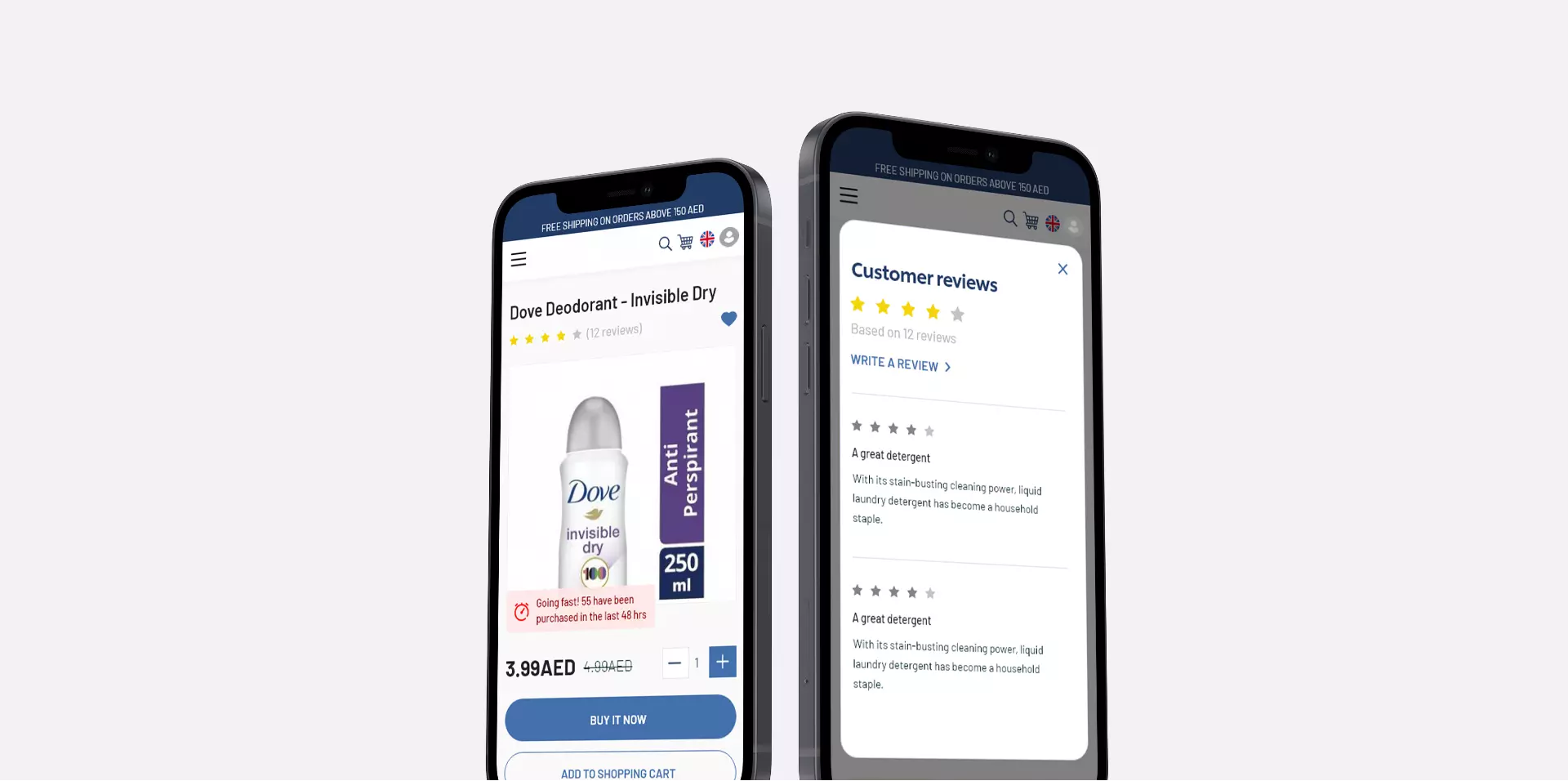
Supporting complex, tiered, and customer-dependent discounts
Tiered discounts are a tricky issue with Shopify, especially when customer attributes are thrown into the mix. In this project, discounts were expected to vary based on a couple of customer attributes such as Company and monthly spending.
However, neither Shopify nor Shopify Plus support any concept of tiered discounts. To address this, our team developed a robust solution that stores the tiered discount configurations on each product (using meta fields), while at the same time considers the above factors when calculating the discount at the line item level.
Shopify Scripts (available only on Shopify Plus), and meta fields came in handy in ensuring the discount is calculated correctly for each customer while at the same time leaving no security vulnerabilities for a technical person to exploit and benefit from a higher discount. Additionally, our team developed an external solution that keeps track of the monthly spending of each customer, which is a key factor in calculating the discount percentage.
Delivering a holistic cart experience across devices
While a simple and expected feature on an e-commerce store, Shopify (yet) has no built-in functionality for keeping cart items in sync between devices. We experimented with a couple of existing apps with similar functionality, however, none of them provided a level of robustness to our liking. Hence, we ended up rolling out a custom solution to keep cart items in sync across devices for each customer.
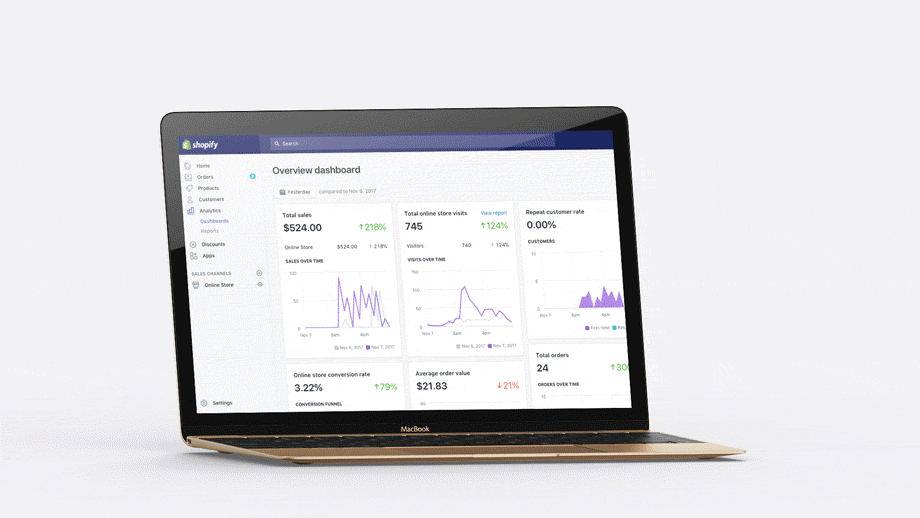
Business processes, corporate structure, local regulations, and Shopify limitations
Due to its size, several of Unilever's business processes are outsourced to partner companies. This mainly includes fulfillment processes such as warehouse management, order preparation, order pick up, and last-mile delivery. All these are handled by different entities with disparate systems that do not necessarily have the ability to integrate natively with Shopify.
Our team helped in the coordination of the parties involved, definition of workflows, integration points as well as implementation of an integration layer that augments Shopify API payloads with metadata to smooth out the fulfillment process. We built a highly resilient layer using Google Cloud Platform technologies such as Cloud Functions, Cloud Tasks, and Cloud Firestore.
Finally, a last mention-worthy challenge we faced involved pushing the limits of Shopify fulfillment locations. Due to this client's corporate structure, as well as local business regulations, fulfillment locations are set up as separate business entities that are transact directly with the end customer as well as take on the responsibility of fulfillment depending on the customer's location.
Both of these requirements are not natively supported in Shopify and in fact, Shopify does not even provide extension points to cleanly implement them without a significant overhaul. Locations in Shopify fulfill based on priority, not customer location and they do not represent separate business entities.
To overcome this hard limitation, we implemented a highly complex solution to support multiple merchant accounts of the same payment provider within a single Shopify store, and also an external custom solution to fulfill items from the center closest to the customer’s location.
Book a meeting
Join Lorik, our CEO, for a 30-minute session where he will demonstrate how Sogody can help your brand unlock new digital capabilities.

Share with your network
